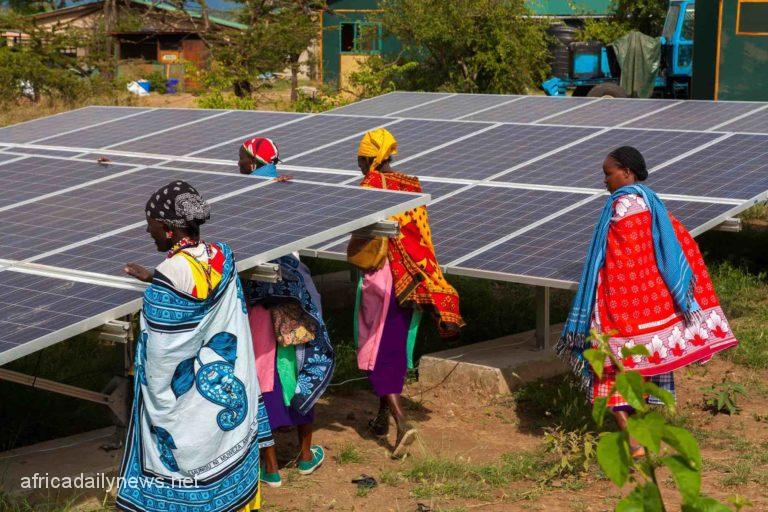Africa’s rapid economic expansion creates a daunting energy challenge, combined with rising expectations of improved resilience and sustainability.
Finding a sustainable way to meet growing energy needs is one of the core development challenges for the continent.
Africa is rich in renewable sources, including hydro, sun, wind and others, and the time is right for sound planning to ensure the right energy mix.
A Decisions made today will shape the continent’s energy sector for decades. Endowed with substantial renewable energy resources, Africa can adopt innovative, sustainable technologies and play a leading role in global action to shape a sustainable energy future.
Over the past two decades Africa has been experiencing rapid economic growth and improving social conditions. Supply unreliability is a concern holding back economic development, with most countries facing frequent blackouts and often relying on expensive and polluting solutions. Clean, indigenous, and affordable renewable energy solutions offer the continent the chance to achieve its economic, social, environmental and climate objectives.
Read Also: AU Kicks As EU Countries Reject Persons Vaccinated In Africa
According to the ‘Scaling Up Renewable Energ Deployment In Africa’ report from the International Renewable Energy Agency (IRENA), Africa could meet nearly a quarter of its energy needs from indigenous and clean renewable energy by 2030.
Modern renewables amounting to 310 GW could provide half the continent’s total electricity generation capacity.
This corresponds to a sevenfold increase from the capacity currently available, which amounted to 42 GW. A transformation of this scale in Africa’s energy sector would require average annual investment of $70 billion US dollars to 2030, resulting in carbon-dioxide emissions reductions of up to 310 megatonnes per annum.
West Africa growth supported by World Bank
In West Africa the new Regional Electricity Access and Battery-Energy Storage Technologies (BEST) Project, supported with $465 million from the World Bank Group, will increase grid connections in fragile areas of the Sahel, build the capacity of the Economic Community of West Africa States (ECOWAS) Regional Electricity Regulatory Authority (ERERA), and strengthen the West Africa Power Pool’s (WAPP) network operation with battery-energy storage technologies infrastructure.
This is a pioneering move that makes way for increased renewable energy generation, transmission, and investment across the region.
“West Africa is on the cusp of a regional power market that promises significant development benefits and potential for private sector participation,” Charles Cormier, practice manager in the Energy Global Practice at the World Bank, says.
“Bringing electricity to more households and businesses, improving reliability, and harnessing the region’s substantial renewable energy resources—day or night—will help accelerate West Africa’s economic and social transformation.”
Over the past decade, the World Bank has financed close to $2.3 billion of investments in infrastructure and reforms in support of WAPP, considered the key to achieving universal access to electricity by 2030 in the 15 ECOWAS countries.
This new project builds on progress and will finance civil works to accelerate access in Mauritania, Niger, and Senegal.
In Mauritania, rural electrification will be expanded through grid densification of existing substations, which will enable the electrification of Boghe, Kaedi and Selibaby, and neighboring villages along the Southern border with Senegal. Communities in Niger’s River and Central East regions that live near Niger-Nigeria interconnector will also gain grid access, as will communities around substations in Senegal’s Casamance area.
Connection charges will be partially subsidised, which will help keep costs down for the estimated one million people expected to be benefit.










